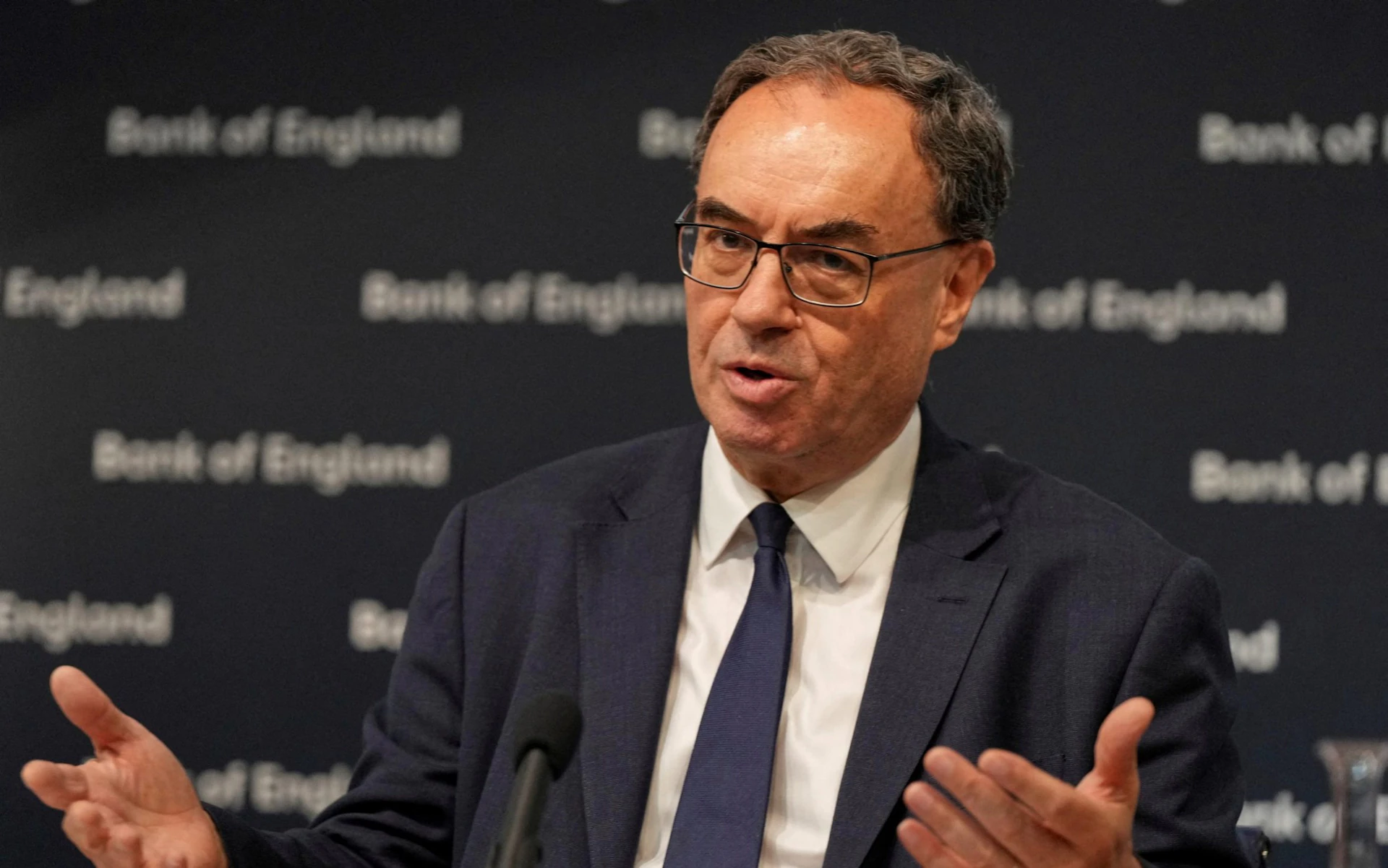A five-day strike by junior doctors will begin at 7 am on Friday after negotiations between the British Medical Association (BMA) and the government broke down.
The walkout involving up to 30,000 medics marks the first nationwide healthcare strike under a Labour government since the 1979 Winter of Discontent.
The BMA is demanding a 29% pay rise, arguing it is necessary to reverse more than a decade of real-terms cuts. Although Health Secretary Wes Streeting initiated talks with the union last week, no agreement was reached. The government has refused to discuss pay, instead offering potential improvements in working conditions and career progression.
Speaking on Tuesday, Mr Streeting described the strike as completely unjustified and unprecedented, accusing the BMA of showing complete disdain for patients and the wider recovery of the NHS.
He claimed the union had walked away from proposals that could have created new roles and helped ease bottlenecks in junior doctors’ career progression. “The BMA would have lost nothing by postponing strike action to negotiate a package to improve doctors’ working lives,” he said. “Instead, they’ve chosen disruption over dialogue.”
Streeting also noted that junior doctors have already received a 28.9% pay increase over the past three years and have had the highest public sector pay rise for two years running.
In response, BMA junior doctor committee co-chairs Dr Melissa Ryan and Dr Ross Nieuwoudt said that the government had failed to provide a credible offer. They stressed that although working conditions were discussed, ministers made clear that increasing pay was not on the table, a move the union said ignored the financial pressures facing medics.
“We did not receive an offer that matched the scale of the challenges our members face,” the BMA said. “There has been no movement on pay, no progress on student loan forgiveness, and no serious proposals on easing the cost of training and exams.”
They added that while the union welcomed the talks and was open to continuing discussions, the failure to address pay left them with no option but to proceed with industrial action.
Tensions between NHS leaders and the BMA are also rising. Sir Jim Mackey, chief executive of NHS England, has instructed hospitals not to cancel large numbers of appointments in anticipation of the strike. Trusts have been told to prioritise cancer patients and urgent cases, with cancellations allowed only “in exceptional circumstances.”
However, the BMA has warned that attempting to maintain routine services while junior doctors are off work could stretch senior doctors too thinly and risk patient safety. The union says trying to “paper over the gaps” created by striking medics may leave emergency care dangerously under-resourced.
The strike is set to run from 7am. on Friday to 7am. the following Wednesday.



